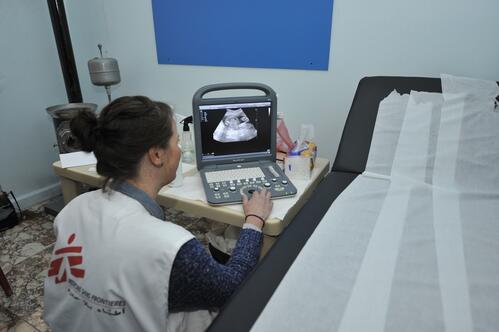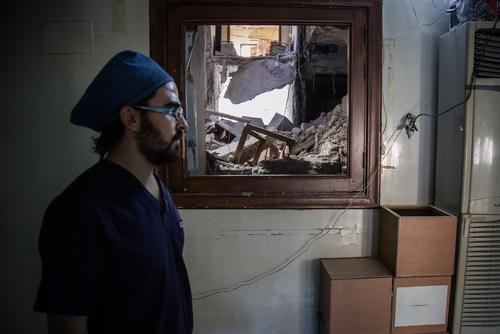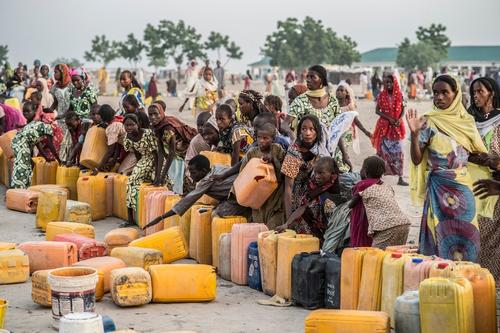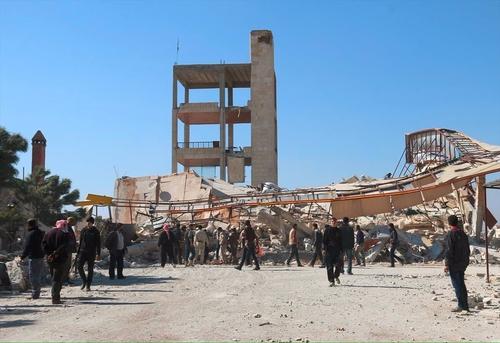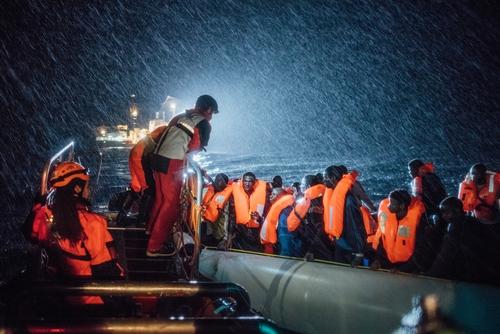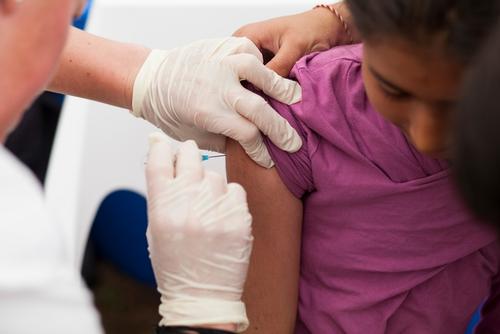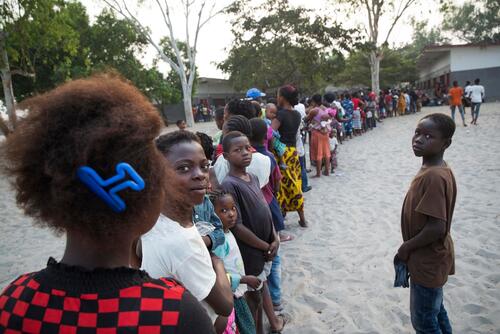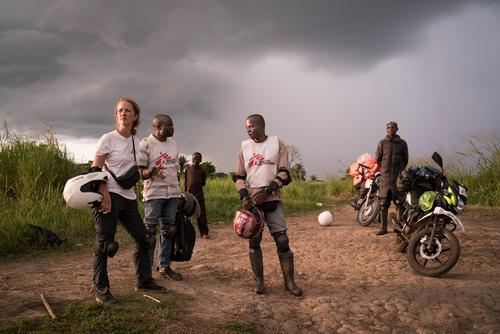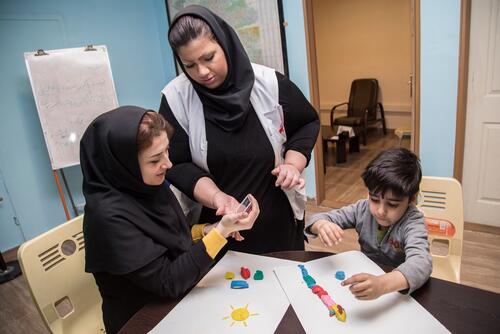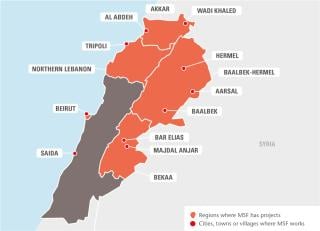
342,200
342,2
7,300
7,3
6,300
6,3

750
75
This influx of Syrian refugees has further strained the country’s economy and infrastructure and this is particularly felt in the health sector. The Lebanese Ministry of Public Health is supporting primary and secondary healthcare centres to respond to the needs of Syrian refugees. Despite these efforts, the cost of consultations, laboratory tests, and medication remains a barrier for a significant number of refugees. This reality has prompted MSF to continue providing medical assistance to Syrian refugees and vulnerable communities in Lebanon.
Since the beginning of the conflict in Syria in 2011, MSF has continued to expand its medical response and provide emergency assistance to Syrian refugees (irrespective of registration status), Lebanese and Lebanese returnees, Palestinian Syrians and Syrian refugees.
MSF works in the north of Lebanon, the Bekaa valley, south Beirut and Saida, offering free, high quality primary healthcare, including treatment for acute and chronic diseases, reproductive services, mental health support and health promotion activities. Teams also run three mother and child health centres across the country.
In 2016, MSF carried out 359,377 outpatient consultations, 7,265 mental health sessions, and assisted 3,876 births.
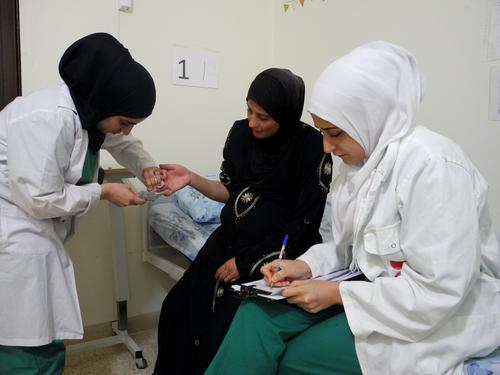
South Beirut
Since September 2013, MSF has been managing a primary healthcare centre and a mother and child health centre in Shatila refugee camp, where over 30,000 refugees are living in deplorable conditions, just four kilometres from the city centre.
In Burj al-Barajneh refugee camp, also located in a southern suburb of Beirut, MSF has opened a health centre providing sexual and reproductive health services, including treatment for sexually transmitted diseases, mental healthcare and health promotion activities. In May, the team launched a home-based care programme for patients with chronic diseases who suffer from mobility problems.
Bekaa Valley
In the Bekaa Valley, where the majority of refugees have settled, MSF provides primary healthcare through four clinics in Hermel, Aarsal, Baalbek and Majdal Anjar for Syrian refugees and the local community. There are also mother and child health centres in Aarsal and Majdal Anjar.
In December, MSF opened a chronic diseases care centre in Bar Elias to improve treatment coverage for the most vulnerable people in the area.
North Lebanon
MSF runs five primary healthcare centres in Akkar and Tripoli governorates for Syrian refugees and vulnerable Lebanese, offering treatment for acute and chronic diseases, reproductive healthcare, mental health counselling, vaccinations and health promotion activities.
In February, in response to the growing medical and social needs of the vulnerable Lebanese and Syrian refugee communities living near the border in east Akkar, MSF started to work in Wadi Khaled and Akroum. From February to July, MSF supported the minor trauma unit in Al-Makassed primary health centre in Hiche. In September, the project shifted focus to concentrate on primary healthcare services, particularly the treatment of chronic diseases and mental healthcare in Wadi Khaled and Akroum.
Saida
A team continues to offer primary healthcare in Ein-el-Hilweh camp, the largest Palestinian refugee camp in Lebanon. Today there are around 100,000 Palestinians, Palestinian refugees from Syria and Syrian refugees living there.



